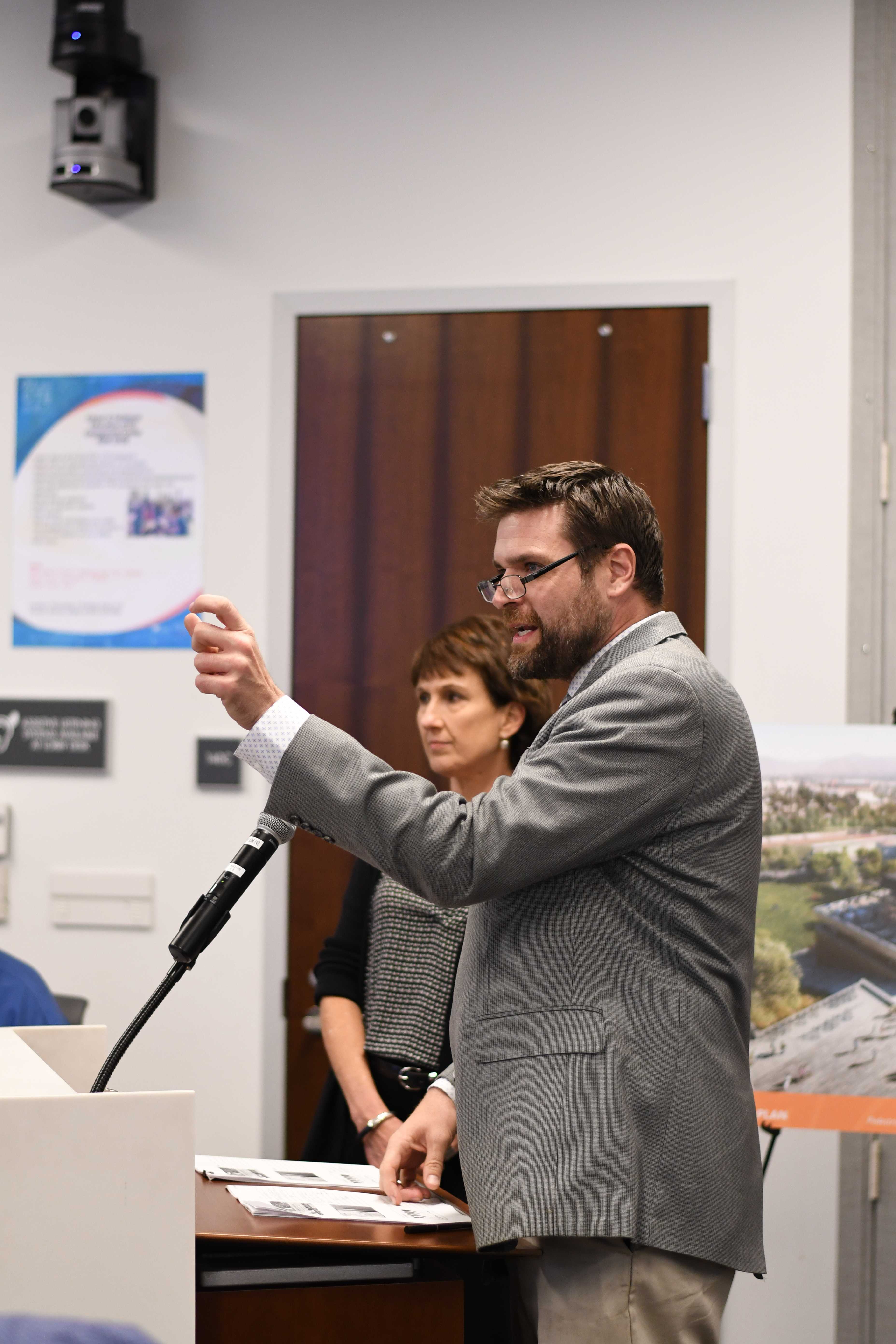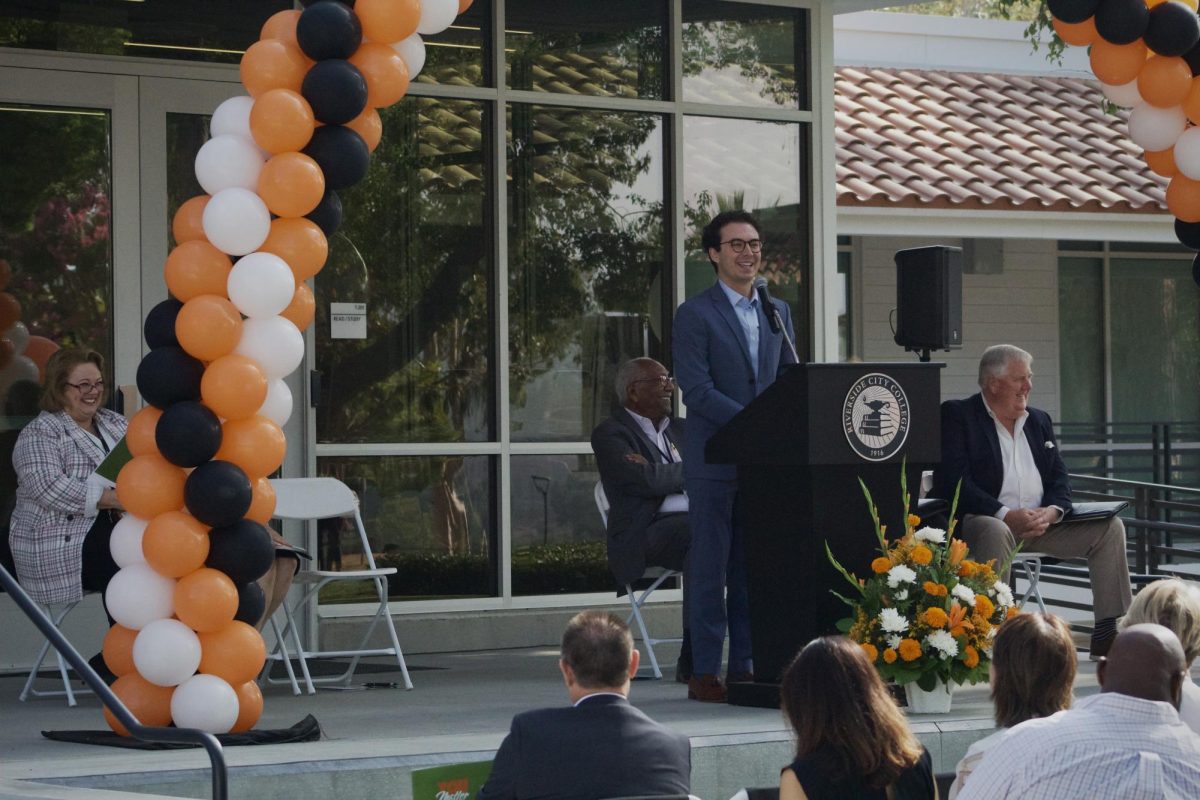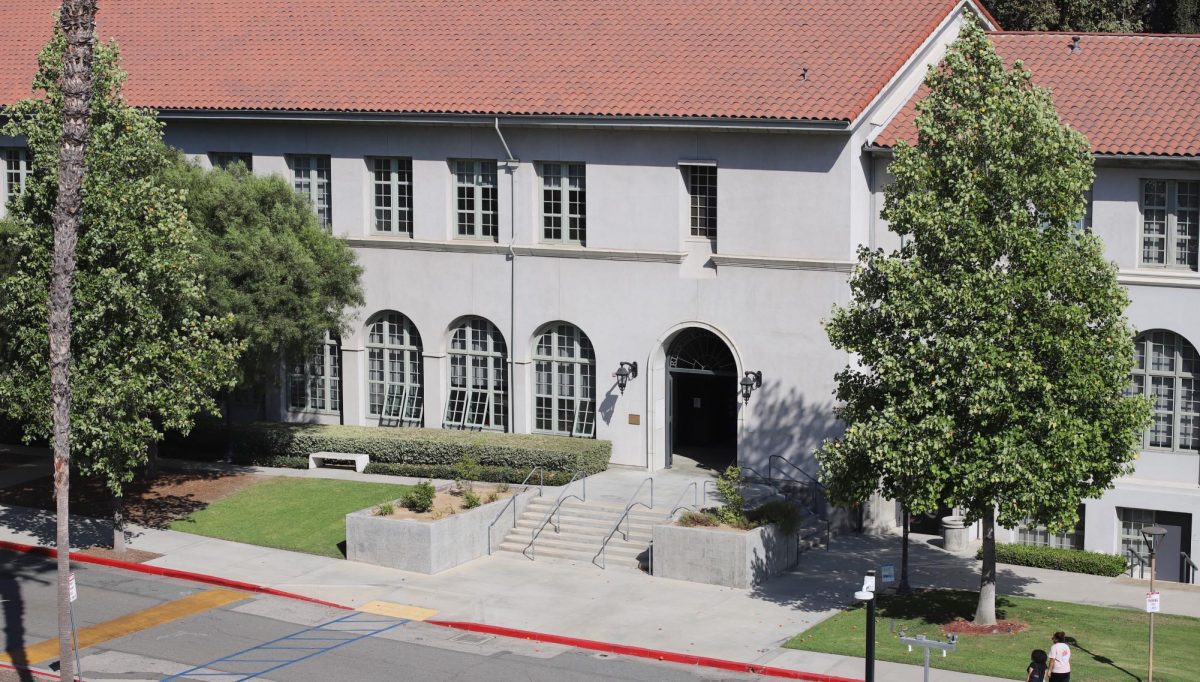By Samantha Bartholomew

The aftermath of a medical emergency has been riddled with its fair share of progress and ongoing confusion.
After initially denying that Student Health Services had turned Viewpoints editor-in-chief Dominique Redfearn away after RCC student Nick Peralta collapsed in the Viewpoints newsroom, Renee Martin Thornton, director of Student Health Services, and FeRita Carter, vice president of Student Services, admitted that one of their staff members had spoken to Redfearn and that the situation had not been handled correctly.
A similar situation occurred when the campus police department claimed that police officers were waiting at the scene a minute before emergency services arrived at the scene.
However, Chief Robert Gunzel later admitted that the sequence of events had been incorrectly reported and that police officers were at the scene a minute after emergency services arrived.
The biggest debate among college officials has been over the road barriers that block off certain entrances of the campus.
The road barriers that blocked off the entrances to Mine Okubo Avenue and Terracina Drive were cause for concern when Peralta collapsed in the Viewpoints newsroom Oct. 9 and his advisers and classmates worried that paramedics would not be able to reach him.
Though Viewpoints student Imari Rede was able to move the barriers, which weighed approximately 195 pounds each, there was concern about what would’ve happened if the road barriers had been bolted to the road.
The permanent installation of the road barriers is part of the plan to make the area around the A.G. Paul Quadrangle into a walking mall, an area of campus reserved for pedestrian-only use.
The District Safety and Security Committee discussed the decision making that went into the placement of the temporary barricades at their regular meeting Oct. 19.
Rhonda Taube, president of the district’s Faculty Association, said she was concerned that the barricades represented an obstacle to emergency services and she inquired about the process that was used to support the decision to place the barricades.
The information was unavailable at the meeting so they committed to send a request for information about placement of the barricades to Chip West, vice president of business services, along with a recommendation to remove the barricades until the information requested was available.
“The DSSC recommends the removal of the temporary barricades until stakeholders can be assured the obstacles to first responders does not pose an unreasonable risk of delayed treatment or harm to students, faculty and staff,” Michael Simmons, the college’s risk management director, said in an email to West on Oct. 19.
The road barricades were replaced with plastic cones Oct. 22.
Simmons said that the police department would work to identify a plan of action for removal of the barricades during future emergencies.
However, in another email to West, Taube pointed out that the Facilities Master Plan is not considered approved and should not have been implemented until voted on and approved by the Executive Cabinet and the Riverside Community College District Board of Trustees.
Taube also stated that her concern about the need for the barricades and whether or not the plan for a walking mall justified the need for them.
“There is a fundamental distinction between closing the central area of campus to traffic and installing permanent bollards that could possibly slow first emergency response time,” Taube said. “Permanent bollards is something that would need to be brought to, discussed and approved by the District Safety and Security Committee.”
As a member of said committee, Taube said she knew this had not been the case.
Taube continued on to state that she was surprised to hear West say that both the Faculty Association and California School Employees Association approved of this last spring. After all, Gustavo Segura, the president of CSEA, said it never came to them.
Taube said that the Faculty Association also did not vote to approve this. West has yet to respond to that complaint.
According to Taube, the Faculty Association are in favor of the concept of the walking mall.
Taube referenced an email to West she sent July 18 where she stated that the FA don’t generally endorse or vote to approve anything that isn’t directly related to their contract, negotiations or budget, so they did not make a motion to endorse this proposal.
The one real concern that was repeated several times by faculty and echoed by the FA was if it went through the proper process and was reviewed by the Parking Committee.
“We discussed the walking mall and had it in our minutes but at no point was the concept of barricades brought to the Association’s attention and as such, we never voted to approve it,” Taube said. “We did not ever vote to approve a walking mall or barricades.”
The matter was discussed at the Oct. 30 Board of Trustees meeting, the incident with Peralta was not mentioned. The Board moved the plan forward for final approval for the next meeting Nov. 13.






